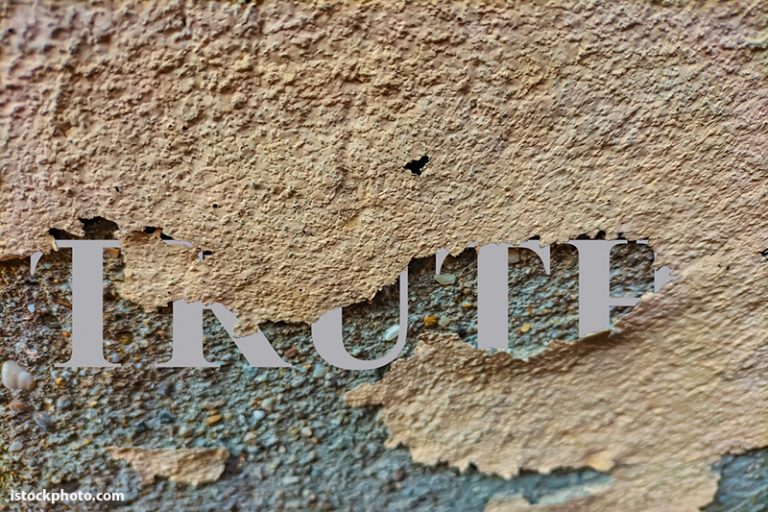Universities don’t set out to do it. They don’t try to accomplish it, but nonetheless are successful in creating far too many victims, and it is not a state of mind.
“People think that a liar gains a victory over his victim. What I’ve learned is that a lie is an act of self-abdication, because one surrenders one’s reality to the person to whom one lies, making that person one’s master, condemning oneself from then on to faking the sort of reality that person’s view requires to be faked…The man who lies to the world, is the world’s slave from then on…There are no white lies, there is only the blackest of destruction, and a white lie is the blackest of all.”
Ayn Rand, Atlas Shrugged
_____________________________________________________________________
It is difficult to fathom the depths of victimization created by well-meaning universities.
When through pronouncements, actions, and policy decisions, a university degree is seen as a property right rather than an opportunity to attain an aspiration built on intellect, interest, and hard work, victimization starts. And, it’s not always immediately transparent.
When a student is accepted for study at a university without satisfactory preparation or a strong motivation to succeed, that student is victimized. Good intentions gone awry. The burden of this negligent act of admission, swaddled in compassion, is carried by the student, who has been lied to, just barely…and “whitely,” but “a white lie, is the blackest of all.”
The lenders, private or public, federally insured or not, and taxpayers, become victimized too: They hold “bad paper.” Default rates soar. These victims engender scant sympathy unlike the students they prey on. Leadership and management in organizations fraudulently lending money frequently possess degrees from universities. They probably earned them and should know better, and their indiscretion begs not pity, but disparagement.
Faculty and staff, who genuinely desire to work with motivated students, regardless of ability, also become victims. These caring folks break their backs to challenge, encourage, and coach willing students, but their work is scorned as inconsequential when tenure votes are taken by coworkers who show little interest or concern for anyone other than self.
And make no mistake: The best university faculty and staff submit themselves to a calling.
It’s difficult to see sometimes through the distorting rose colored lenses of unionization and civil service systems that protect the vocal and visible minority of some underperforming university personnel. At times it seems the organizations created to ensure fairness and quality unwittingly become variables in the equation of victimization.
Most troubling: Victims in a process of relaxed standards for entry to, performance at, work within, and graduation from a university are the students who have prepared themselves well and work diligently. These unfortunate souls suffer most.
Course content gets watered down as well-meaning but misguided leaders press to ensure that all students succeed, providing the chimera of positive outcomes for individual and institution. The effort and accomplishment of those who worked to a higher level of engagement and posted an earned “A” are demeaned and diminished. This “A” is depreciated. The entitled “A” does not exist in a vacuum. The world grades on a curve.
This is a bleak message. I don’t like it. I wish it weren’t true.
Thankfully, this truth is only applicable to a thimble-full of faculty, students, staff, and leaders. One bad apple may or may not spoil the whole bunch. That’s up for grabs. However, St. Paul proclaimed the truth to the faithful at Corinth and Galatia, “A little leaven leavens the whole lump.” But reputation, the coin of the realm for universities, hangs in the balance. On a thread.
The cure for this condition in our universities is simple.
Agree on performance standards for all parties and honor them, thereby honestly honoring those who achieve them.
In the face of this dark scenario, diligence to identify and attain desired levels of performance for leadership, institution, faculty, staff, and students is the most important work that our universities can do.
The real victims in the matrix of marginality are the people who most deserve the opportunity that a university education offers: those who have earned it. The effects of victimization surely do flow downhill to the intended beneficiaries of wrong minded, albeit well-intended, policies and actions.
Thomas Harris’s “I’m OK You’re OK” with two years on the bestseller list in the 70’s won’t work… except for a short season of shrouded mediocrity, “and a white lie is the blackest of all” in our universities.




